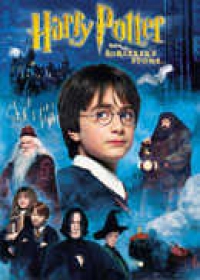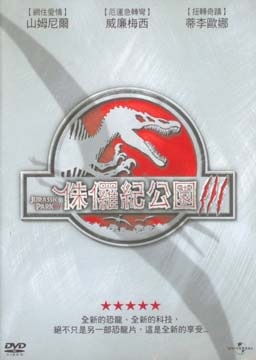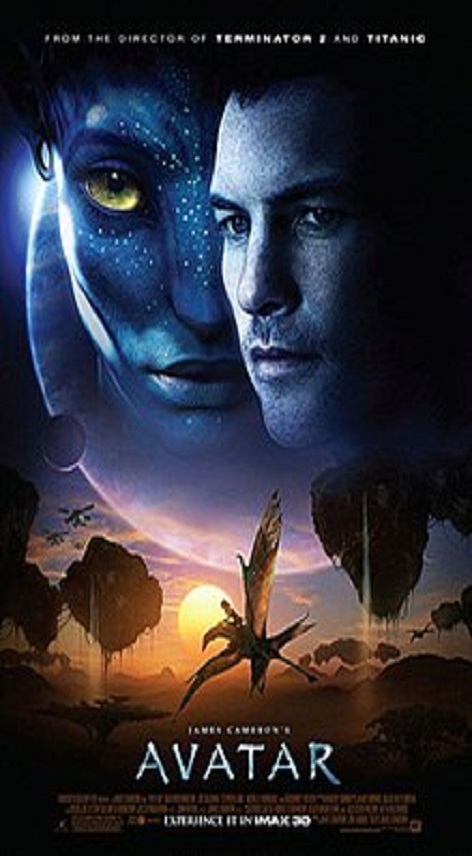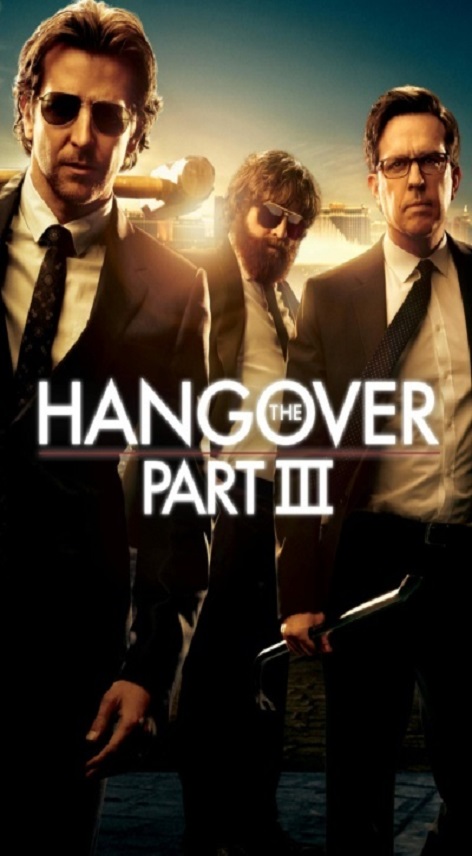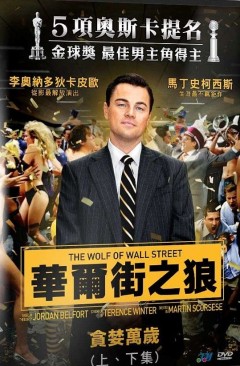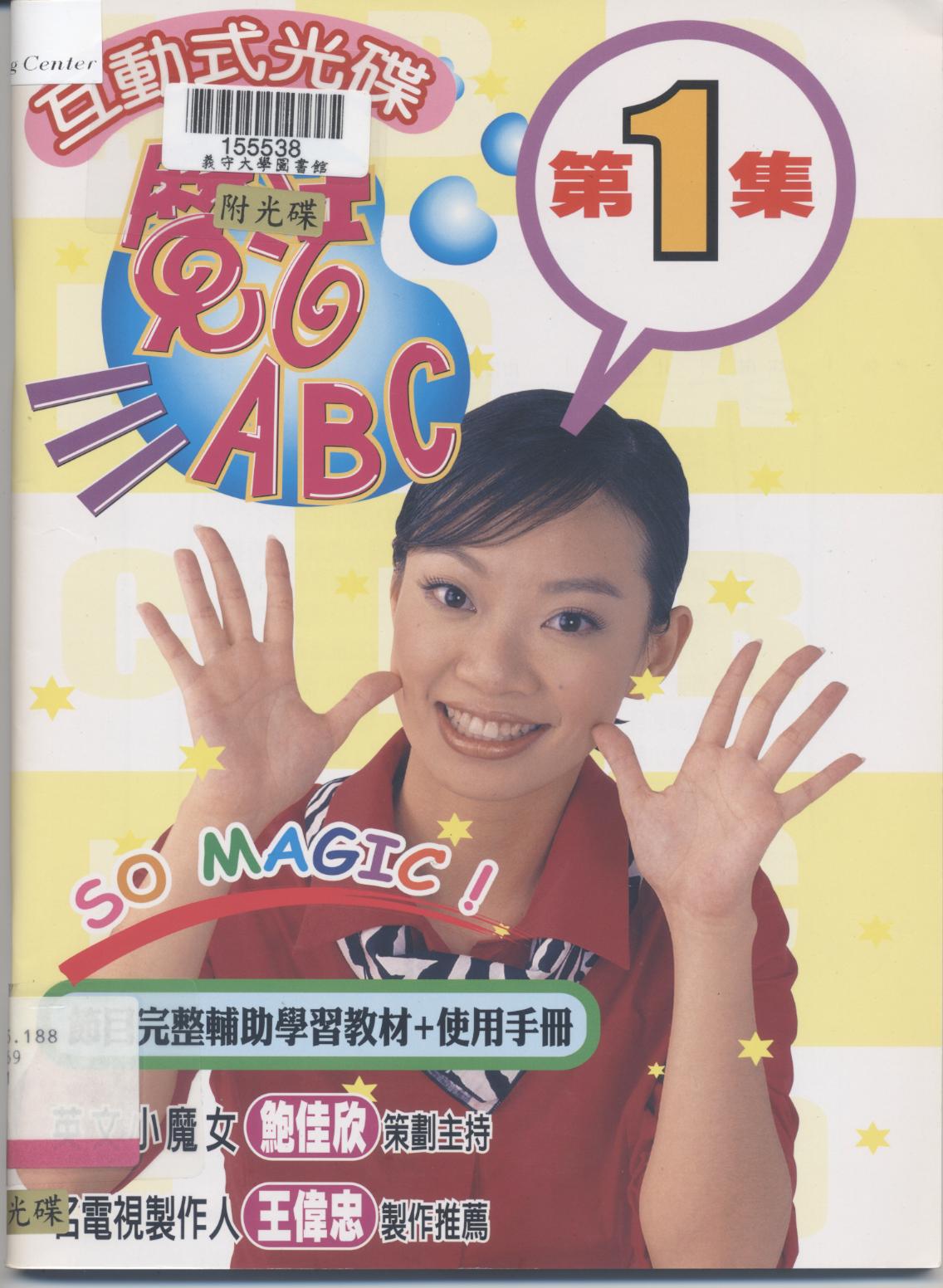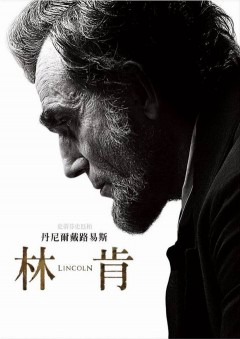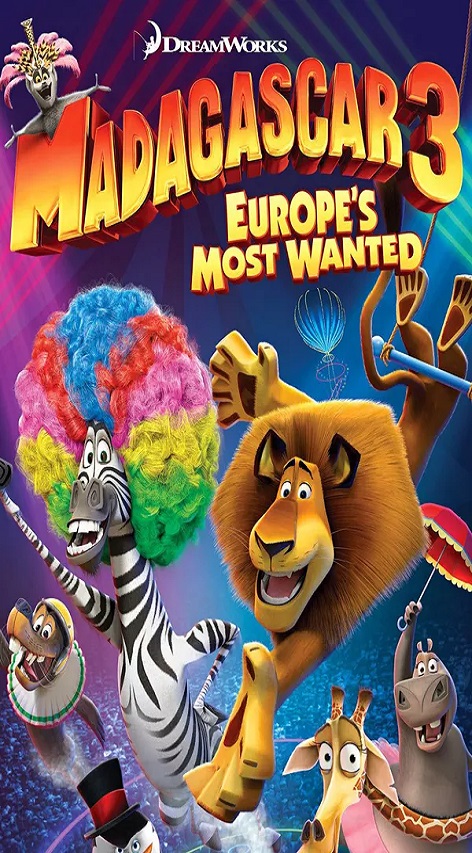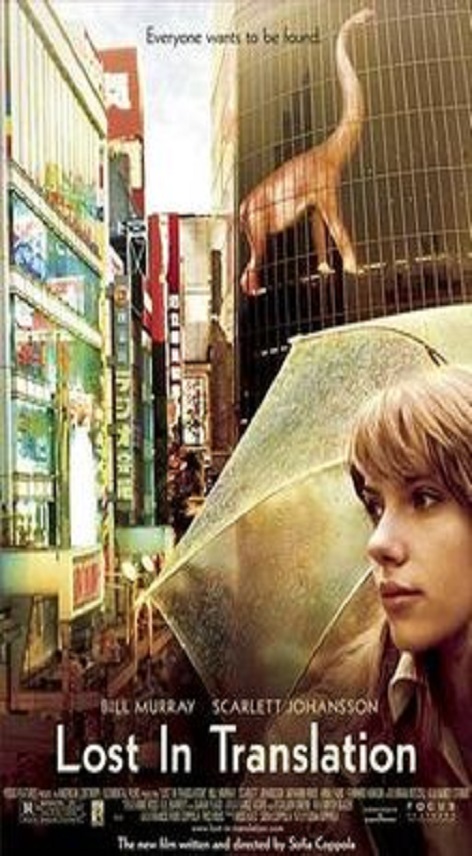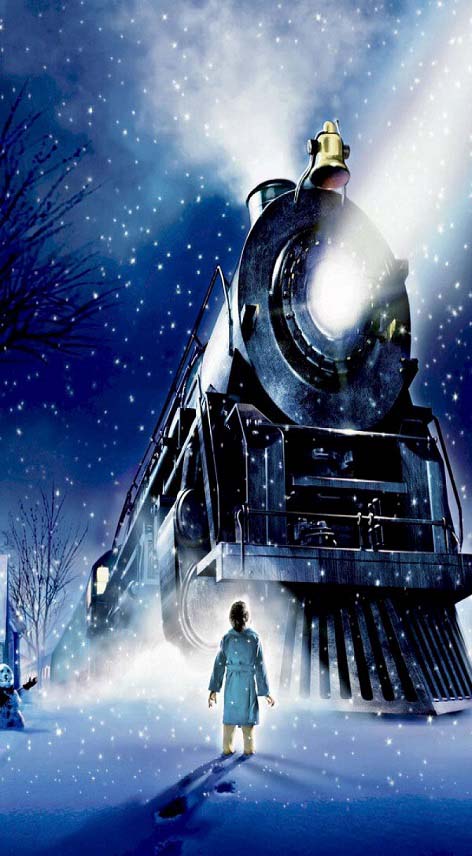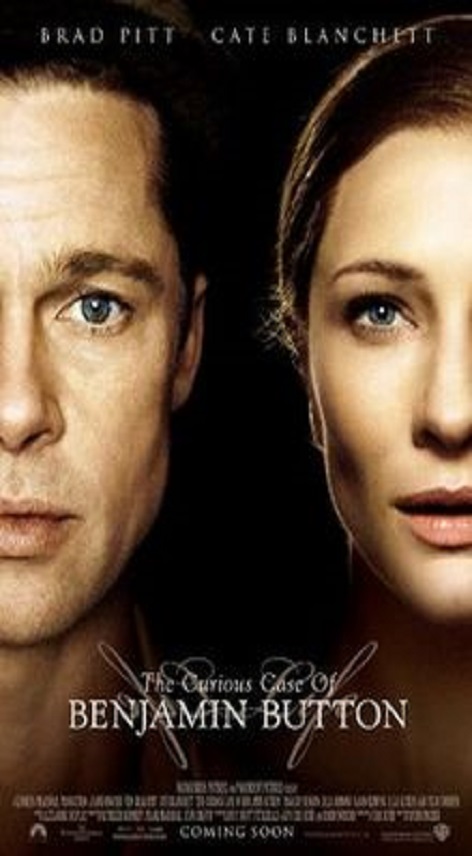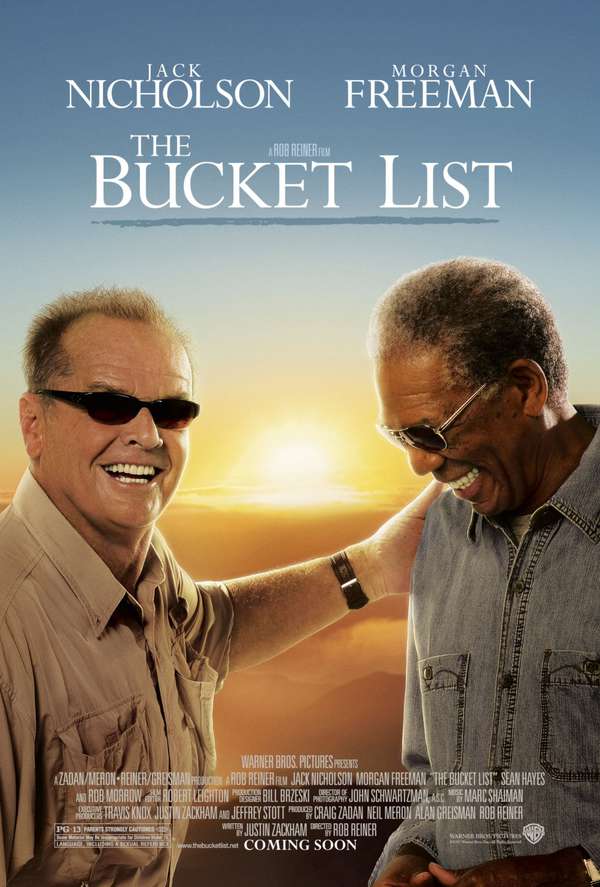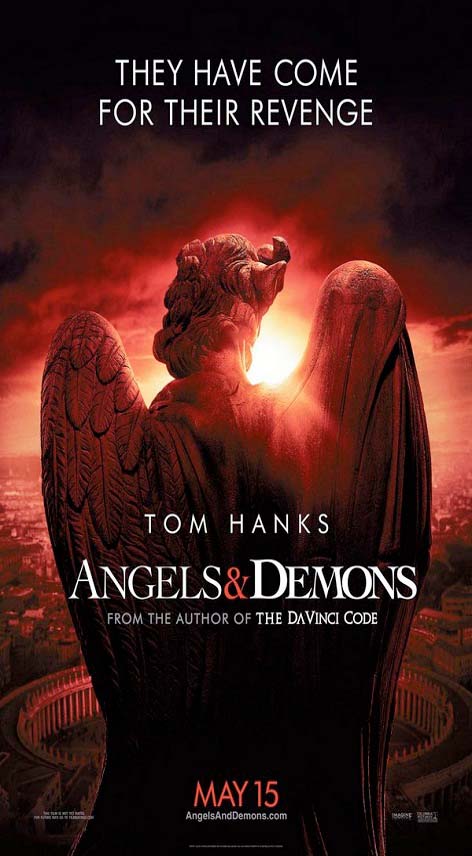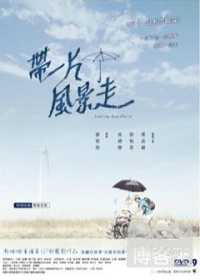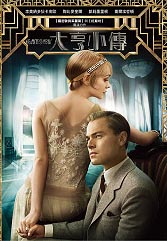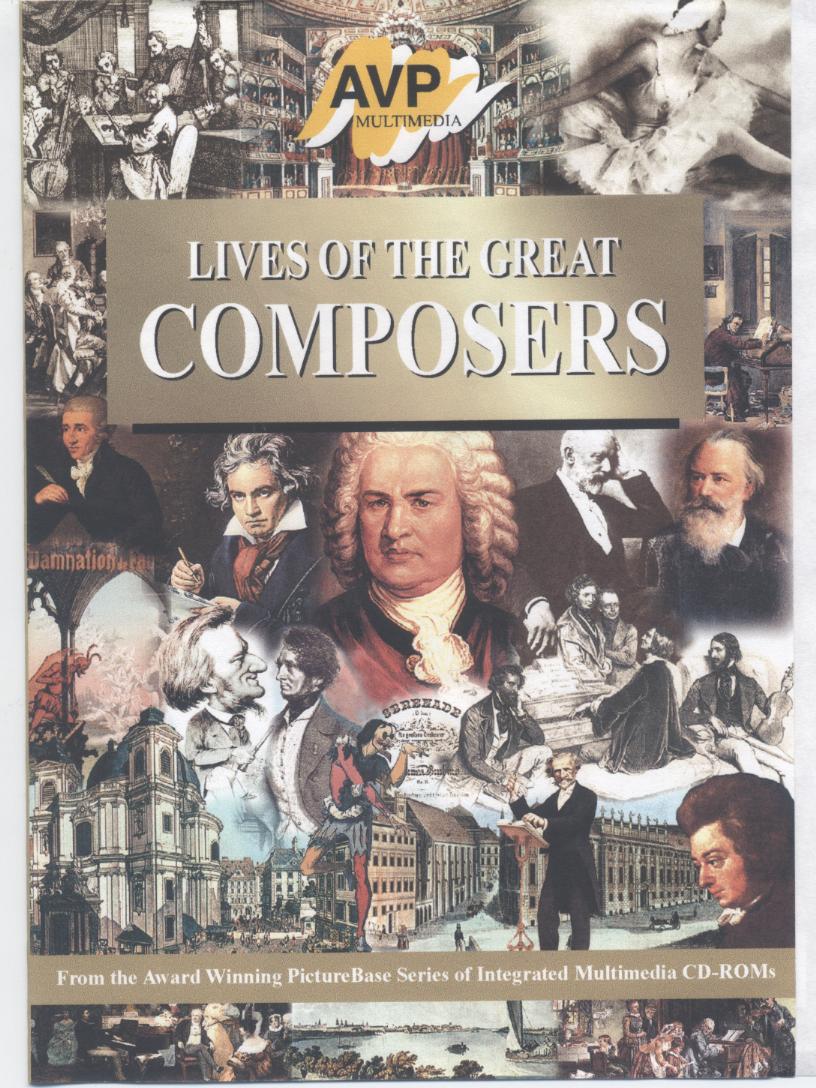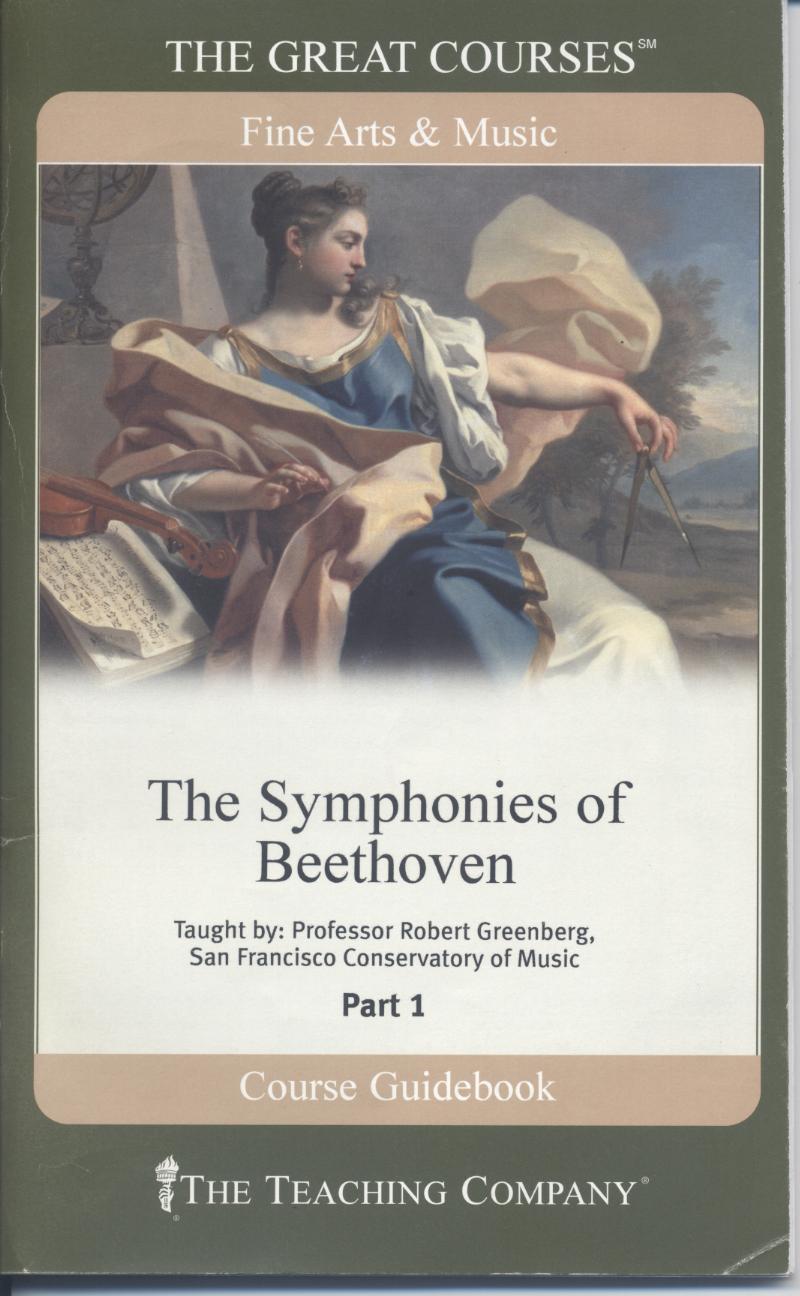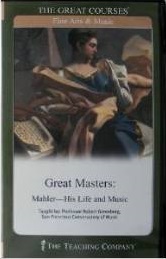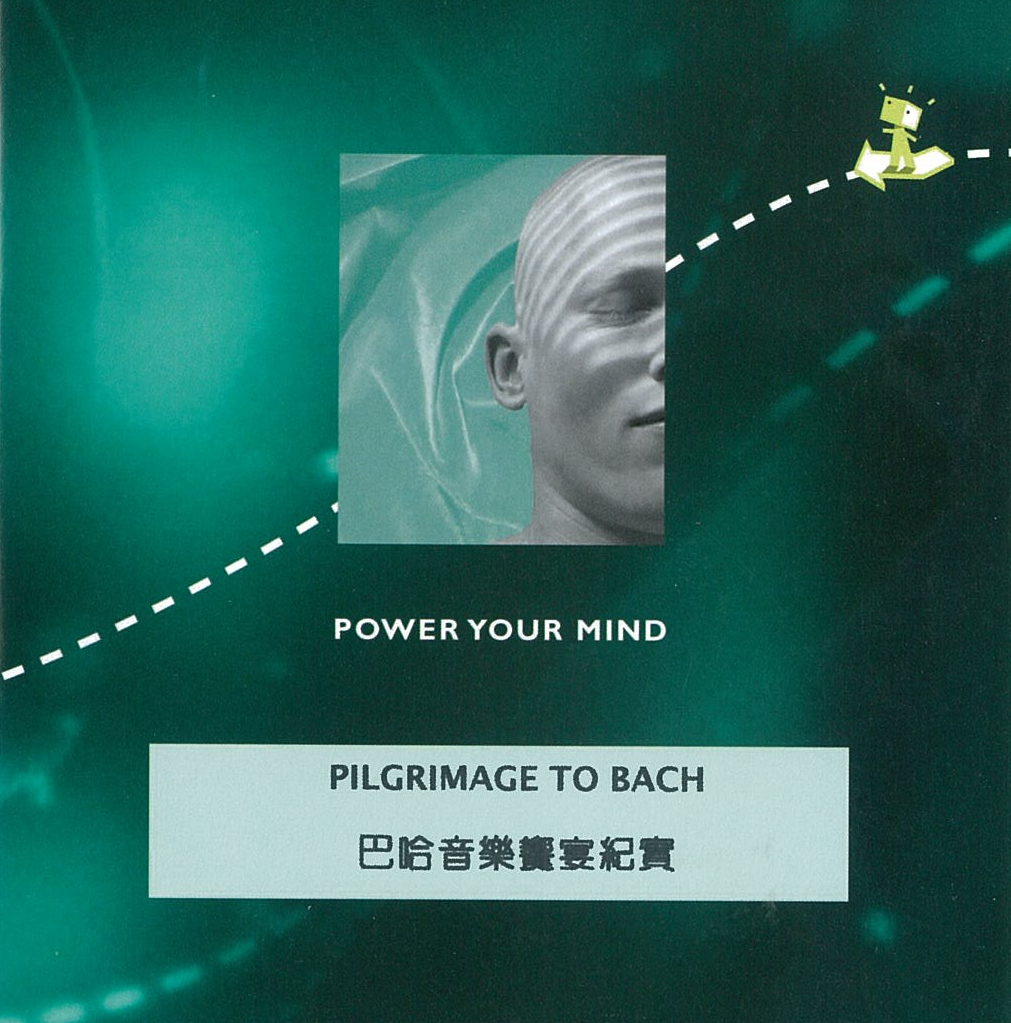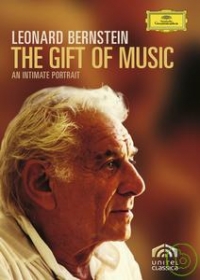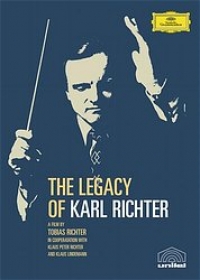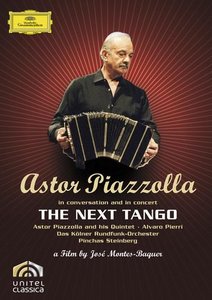|
|
The operas of Mozart

|
 人氣指樹 |
- 館藏
- 簡介
- 作者簡介
- 標籤(0)
- 收藏(0)
- 評論(0)
- 評分(0)
- 引用(0)

Excellent course for those who want to learn about Mozart and his operas.From the publisher's website:By December 1791, Wolfgang Amadeus Mozart had written the defining compositions in every available musical genre of his time: symphony, chamber music, masses, and--above all--opera.Opera was the prestige genre of the time, and Mozart loved it dearly and counted on it heavily for personal, professional, artistic, and financial reasons. Just the thought of opera, as Mozart wrote, made him 'beside myself at once.'The world of the operatic stage spoke deeply to his primal instinct for play, his taste for fantasy, and his restless creative imagination.Mozart's operas vie with each other to be considered among the greatest achievements of human artistic striving: Idomeneo, The Abduction from the Harem, The Marriage of Figaro, Così fan tutte, Don Giovanni, The Magic Flute.On September 30, 1791, the last of his masterpieces, The Magic Flute, had premiered in Vienna. Ten weeks later, on December 5, 1791, at the age of 35--when most of us are still hoping for one great accomplishment in our lives--Mozart was dead.What Did Mozart Do? And How Did He Do It?In this course with Professor Robert Greenberg, we are summoned to understand more fully the height of Mozart's operatic achievement by analyzing two masterpieces closely. The course also invites us to fathom the enigma of Mozart's meteoric genius by studying his career and development.Professor Greenberg is not an idolator--he reminds us that Mozart was a man, a human, working to make a name and a living. Professor Greenberg shows that Mozart was an 'irreverent revolutionary' who did not worship the past.
本文的引用網址:


 借閱次數:
借閱次數: 